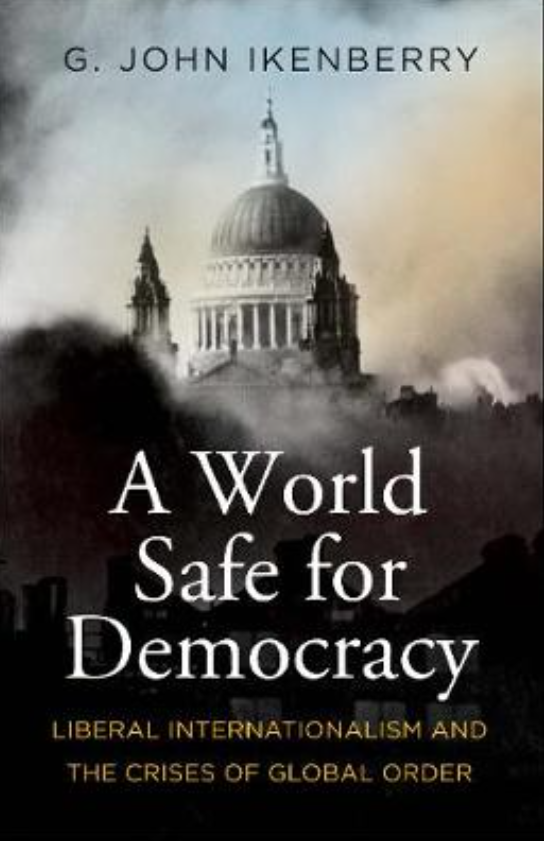
Realistic effort to defend freedom, prosprity and peace


G John Ikenberry, a professor at Princeton University is member of an elite group who claims to come up with idea that has shaped the real-world politics, gives an insight into today’s fractured political movement. Creating an international space for liberal democracy, preserving rights and protections within and between countries and balancing conflicting values such as liberty and equality, openness and social solidarity, sovereignty, and interdependence. For two hundred years, the grand project of liberal internationalism has been to build a world order that is open, loosely rules-based, and oriented toward progressive ideas. Ikenberry with his colleague Daniel Deudney coined the phrase “liberal international order”. In 1999 within a few years, the phrase has been adopted by the western foreign policy elite as shorthand for the world they were seeking to build and defend. Today, the project is in crisis, threatened from the outside by illiberal challengers and from the inside by nationalist-populist movements.
Powerful countries agree to work together, in their mutual interests, through global institutions, where principles like open trade and international law are firmly embedded.
The US and China have turned against the concept of international co-operation. Under Donald Trump, the US pulled out of a number of international organisations and accords – and launched a trade war on China. Beijing, took an increasingly unilateral and aggressive approach to security issues, from the South China Sea to the Himalayas.
For “America First” nationalists, grouped around President Trump, liberal internationalists are simply globalists who had sold out US interests. The left of the current world order is associated with the defence of exploitative neoliberalism.
Ikenberry by tracing the evolution of liberal internationalism over the course of two centuries demonstrates that this set of ideas with deep historical roots, rather than triumphalist fuzz produced after the west’s victory in the cold war.
In the west, liberal internationalism has prospered in alliance with a domestic counterpart. But that alliance had been ruptured by unfettered globalisation which is perceived to have undermined living standards and social safety nets in the west, as future American governments are going to have to be more cautious about free trade.
Russia and China argue that the liberal world order is just code for American hegemony.
Many liberals are now disillusioned with the crusader version of democracy promotion in which the US and allies attempt to export democracy to poorer countries, even by force of arms. A world in which tyranny is advancing is unlikely to be a hospitable environment for liberalism – either at home or abroad.
So it is an obligatory and realistic effort to defend freedom, prosperity, and peace.
A World Safe for Democracy: Liberal Internationalism and the Crisis of Global Order by G John Ikenberry, Yale $30/£20, 408 pages.
